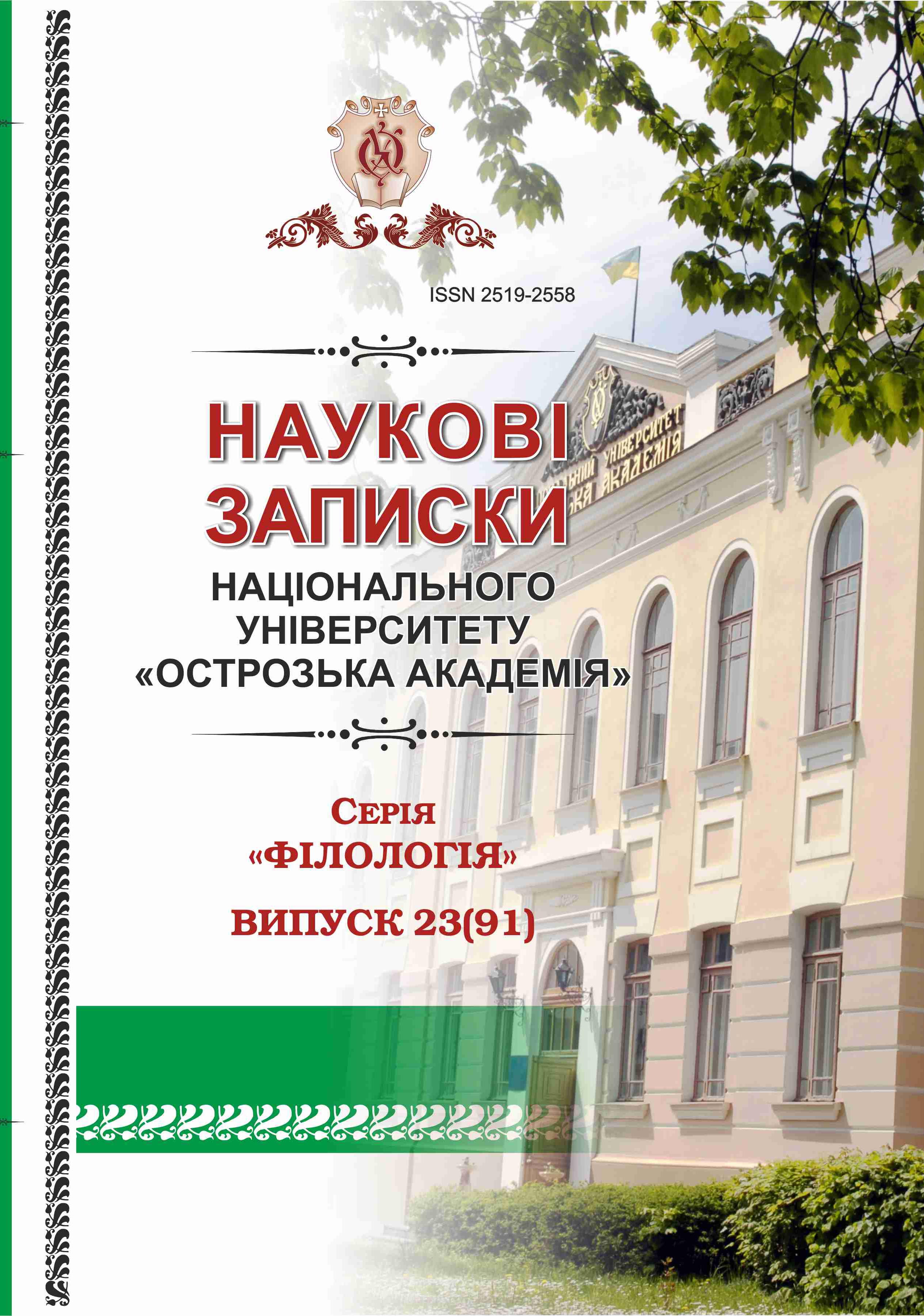ON THE QUESTION OF THE STUDY OF LEXEME BORROWINGS IN THE POLISH LANGUAGE AND THEIR METHODOLOGICAL VALUE
Keywords:
Ukrainian language, Polish language, lexical borrowings, comparative linguistics, contrastive linguisticsAbstract
The tendency towards internationalization is associated with inter-language contacts and processes of globalization, which is confirmed by modern European languages. Connections between different languages demonstrate borrowings, which make up a significant part of the lexical resource of the Polish language and help languages not only to compare, but also to master. One of the key aspects of this problem, like isolation and description of lexemes with common semantics, borrowed in Polish from English or other European languages, which differ both graphically and phonetically in the Ukrainian language have been analyzed in the article. It has been carried out using a comparable method, 45 Polish lexemes borrowed through the English language were identified, the etymology of these lexical borrowings was commented, the feasibility of their use in glottodidactics was reasoned.
Among lexical borrowings directly from the English language, or for which English has become an intermediary language, there are both oral and written borrowings of various types of adaptation (full, grammatical). Some of the lexemes were borrowed in Polish in original phonetic and graphic form, but most of the borrowed vocabulary has undergone significant modifications and shows significant differences. 60% of lexical units turned out to be Latinisms, 31% – specific English lexemes. The difference in Ukrainian equivalents is explained by the stability of lexical units of the pre-Slavic fund, and the presence of excellent sources of borrowings. The linguodidactic significance of foreign language lexemes and the importance of their use in the process of teaching the Polish language as a second foreign language in higher education has been delineated.

